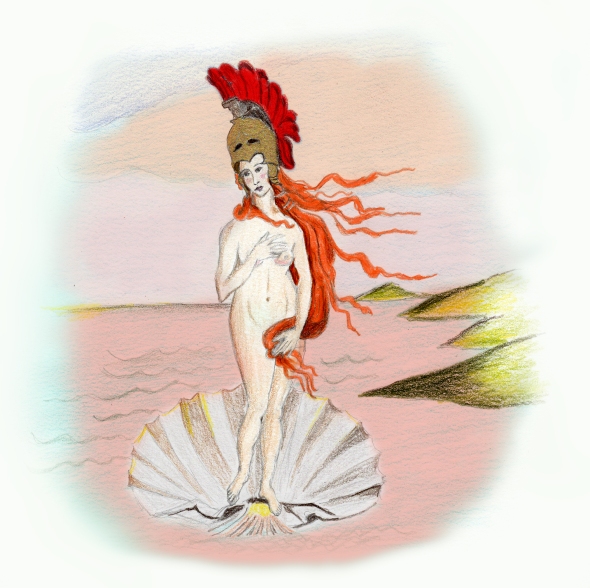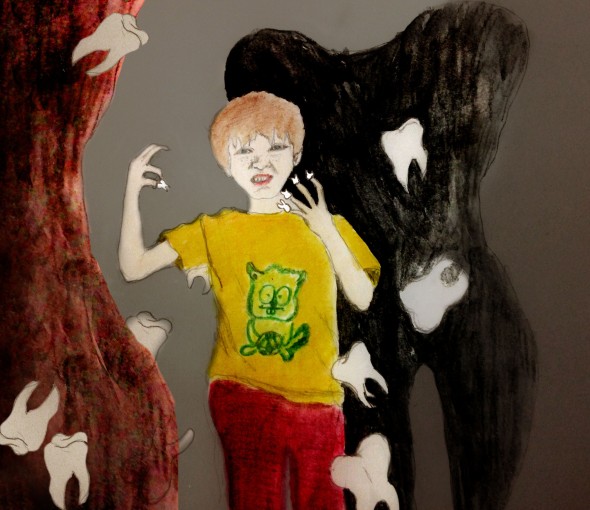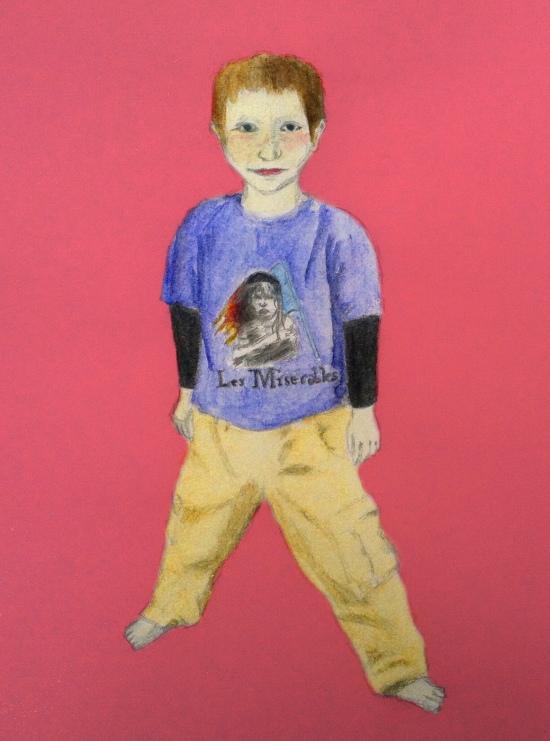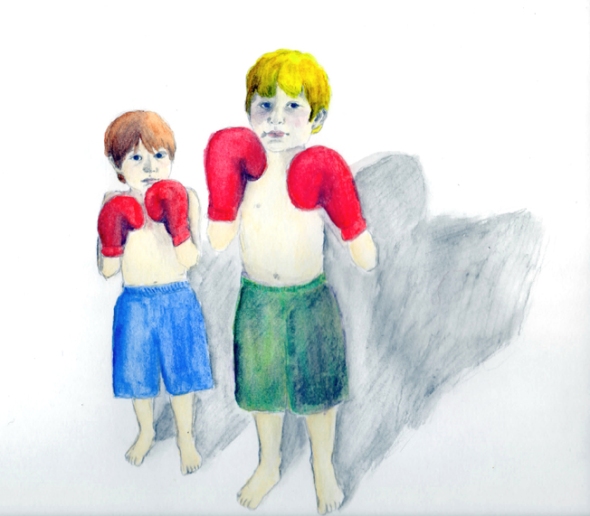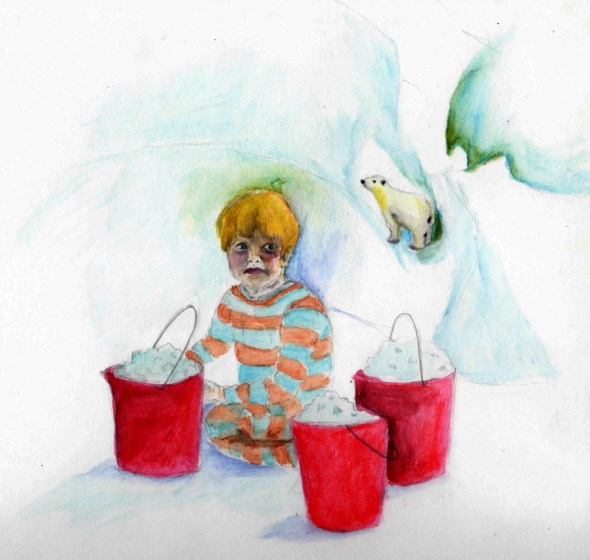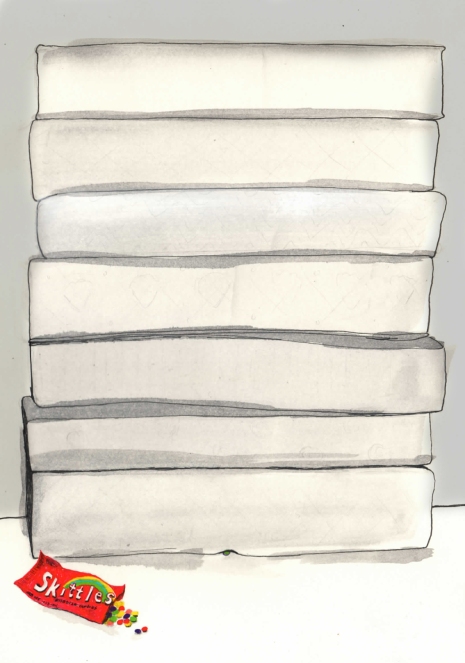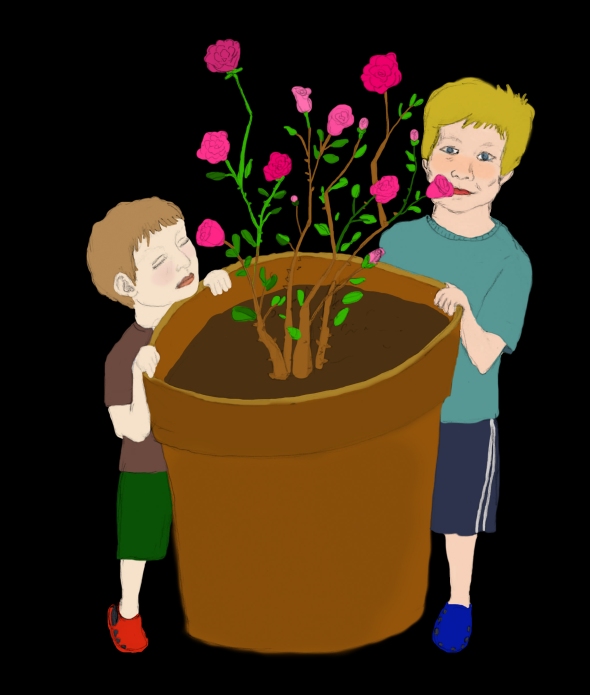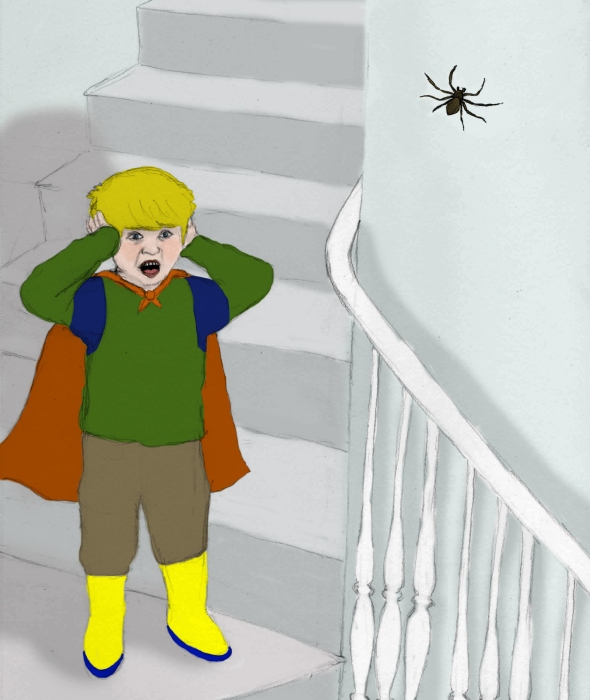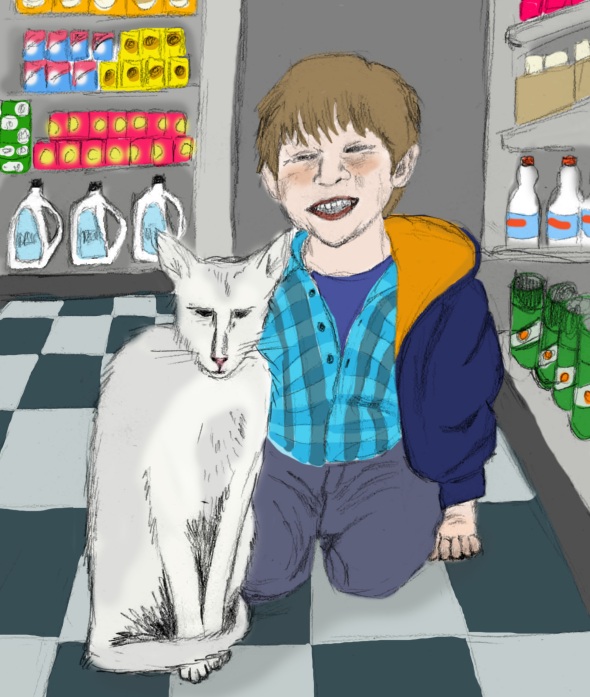In the morning I’ve been jogging around the Back Cove Trail. It is gorgeous. The mornings are often foggy and I never tire of the sight of egrets strutting majestically through the grasses or perching on the little outcroppings of rock that are revealed when the tide is low. I am in awe of how different the landscape is from day to day: how on some mornings the water comes right up to the edge of the rocks below the trail and you can see the thick grass below the surface, waving with the gentle motion of the water; and on others the rocks are dry and for 10 or 15 feet those same are grasses standing tall in the sun, and waving gently in the morning breeze.
I like to just be in my own head on these outings, observing my surroundings, thinking my own thoughts, so unlike many people that I see on the trail, I don’t listen to music or podcasts. I try to just be in the moment with the landscape and the wind, and to go wherever my mind takes me as I go around the trail..
One morning I found myself noticing that lingering somewhere below my enjoyment of the cool Maine air on my skin there was an undercurrent of observation that was happening continuously as I made my way along the trail. Whenever someone approached me, either passing me from behind or coming towards me in the opposite direction, I would make an instantaneous subconscious judgement of how best to react to them.
It was not a conscious thought, just a whisper, just below the surface.
Some people I would make eye contact with and say “Good Morning,” or nod and smile. Others I would passively cast down my eyes and pass silently. It wasn’t as if I made a real decision with these reactions. It was almost instinctual and as I brought the fact that I was doing it to the forefront of my mind, I decided to tune into the murmur and figure out what I was doing..
When I paid close attention, I realized that every time a person would approach, I could feel my heartbeat amp up and my stomach clench, just slightly.
If it was a woman I would feel immediately calm and smile or nod.
If is was a man, my reaction was more complicated.
Is he looking at me? How fast is he going? What is he wearing?
Older guy in slacks walking a standard poodle. “Good morning.”
Young guy, strong, jogging. Look down. Don’t want to seem too friendly.
Guy 50 feet ahead stretching out his leg on the fence. Will he finish stretching before I get over there and get back on the trail? Why is he still stretching? Is he waiting for me? Don’t look at him as I run past, pick up the pace a bit and give him a wide berth.
Guy jogging with a stroller. Smile. “Good morning.”
I am not making these calls at the front of my mind. I am taking in the gorgeous pure-white wings of the egrets and noting the mile markers as I pass them and feeling the glorious breeze on my skin and making a mental list of everything that I need to accomplish with my impossibly short day. But somewhere, underneath it all is a constant process of observing and accessing each person and the risk they might present.
I started to reflect on when could have this started. And I remembered a day, when I was maybe 7 or 8, when a friend and I walked over to the Grand Union Shopping Center to get some candy. I think it is possible that we were going to put our 2 pennies into the gumball machine in front of Foedish to get a handful of that flat square gum that would stain our teeth and taste like nothing after 22.5 seconds.
As we walked innocently on our way, a man approached us and offered us a ride in his car. He seemed old to me. He had a mustache. I think he might have been wearing a red cap and I think he he had a red baseball-style jacket that was kind of worn.
I remember that he told us that his car was really cool.
I don’t think we said anything. I think we looked at each other, silently agreed that we were in danger, and took off running. We ran all the way back to her house in a blind panic without stopping. I remember the grip of the terror I had that this man would follow us.
I am not sure what I thought he might do. I just knew that we were not safe and I ran for my life. I don’t think my friend and I told any adults what happened. I’m not sure if we even discussed it afterwards.
And it seems to me that this is pretty much how I have walked through the world ever since. I remember clearly the feeling I had walking around my neighborhood as a kid, which was a “safe” and quiet place: the horrifying feeling I would get in the pit of my stomach if I heard footsteps behind me.
I would pick up my pace and listen intently to see if the footsteps increased speed too.
Strain my ears to determine if they had turned a corner, silently hoping they might pass in front of me.
Ruminate about whether I should look back and let them know that I know they’re there or keep walking casually as fast as I can until I get to safety.
The flood of relief when they would turn and I knew they weren’t actually following me. The way I would breathe for the first time.
When I was in my early 20’s and living in Manhattan, I would get off of the train at Times Square after work to get to my Hell’s Kitchen apartment. I passed this guy every day, who wore a sandwich board for Leg’s Diamond, a strip Club nearby. He always said “Hello” to me when I passed and I would always greet him in return, careful not to be too friendly, but not to be a “bitch” either. This went on for months and months and somehow our salutation shifted and he started giving me a hug when I passed.
I vividly remember being appalled and skittish the first time it happened and I remember my brain frantically running through the potential reactions I could have and their possible results.
If I recoiled and acted disgusted he could be offended and become angry.
If I lingered in the hug and smiled that would definitely send the wrong message and put me at serious risk.
I decided the best way to handle this was a quick business like hello everyday, letting him embrace me for a second and then walking quickly, assertively home.
I felt like this said clearly, “I don’t think I’m better than you at all and I am not afraid of you. I have a lot I have to do and this moment means nothing to me at all.” I would feel the hollowness of heightened awareness in my stomach when we went through this each day and I would quickly head home, not too fast, not too slow, while he continued to stand on his corner with his bright yellow sign.
And then, one day, out of the blue, he followed me.
At first I told myself that I was being crazy. He couldn’t possibly be following me.
I listened. I glanced backward.
He was definitely following me.
I walked faster.
He couldn’t possibly leave his territory, could he? He’s working, right?!!
I heard him shout something at me but I couldn’t hear what it was.
When I reached 9th Avenue and thought about how far from his usual spot we were and glanced back and saw him still there behind me, I entered into a full panic.
I fled as fast as I could.
He ran after me.
I heard him yell, “Why are you running away from me?”.
When I got to my apartment I ran inside, locked the door behind me, and collapsed on the couch in tears. It was dark before I calmed down and my heart stopped pounding.
I started taking the train past my apartment to 57th street and walking from there. I never got off the train at 42nd street again.
There have been countless episodes where I have gone into full fight or flight mode, only to end up feeling ridiculous because the threat I detected turned out to be nothing at all.
But there are all of the other moments when I’ve let my vigilance down and gotten out of my head or smiled too readily or found myself all of a sudden alone with someone who does not seem to have my best interest at heart.
The moments that reinforce that vigilance and keep me constantly at the ready.
*****
As I rounded another curve of the Back Cove, I thought of a frustrating recurring discussion I have with my husband, and have had with other men in my life. I will find myself describing in detail the thoughts that I am having as I have them, while he infuriatingly sits there impassively and silent. I will invariably ask in exasperation “What are you thinking right now?” and he will invariably wearily tell me,
“Nothing.”
This response always send me into a rage! How is it possible to be thinking about nothing?!!!
I have a running monologue going through my head every second of every day observing people and my surroundings, making running judgements of my options and the smartest way for me to move through the world.
What do you mean that you have NOTHING in your head right now? Are you shitting me?!!!
And in this run, which is my “me” time, where I get away from it all and give myself time to concentrate on nothing but the sun burning the fog off of the water and the crunch of the gritty trail beneath my feet, all the while keeping track of everyone in my area, it dawns on me that maybe men do get to think about absolutely nothing.
Maybe that is one of the privileges of being a white man walking through the world– to know what it feels like to have your mind completely at peace, to be completely in your own moment without a thought for what might go wrong.
Maybe the workings of my mind have been transformed by an endless cascade of traumas, some big and some small. Maybe the mechanics of my brain have been altered by the constant necessity of noting the location of the exits and scanning my surroundings.
Maybe a lifetime of experiences, accumulated over a lifetime of walking around in a female body, has trained me to always be aware and to never ever let down my guard.
Is it possible that living life as a woman has turned me into a soldier on a battlefield, constantly evaluating the potential for threat and determining when I should confidently stride forward and when I should retreat.
Are women marching through life as ever vigilant warriors, while men are empowered to drift silently toward shore on a beautifully serene sea?
Men are from Mars and Women are from Venus?
I think that it might actually be the opposite.
